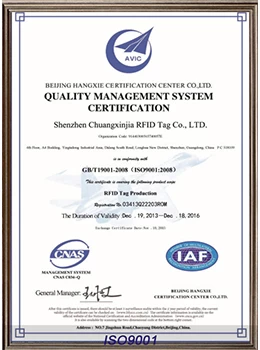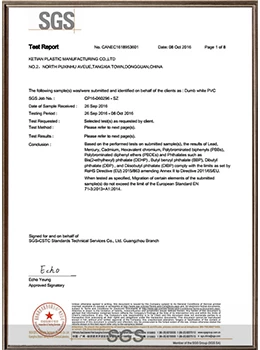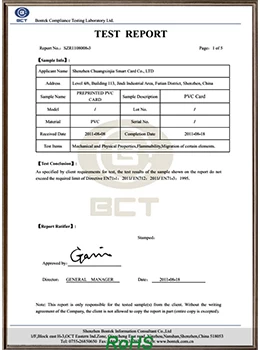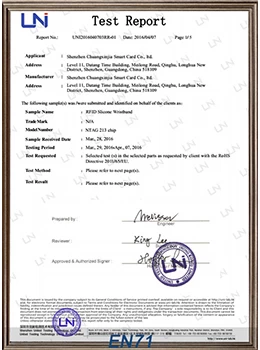A Japanese Leasing Company Uses RFID To Improve Product Management Quality
Yamato Leasing has issued a number for each leased part and pasted an electronic label since September last year. It can provide maintenance, use records, repair records, etc. to facilitate the separate management of each leased part.
The company originally only performed maintenance on individual items, but some customers wanted to be able to determine data such as the quality of parts used this time, and the management of individual status of the data became a problem.
Therefore, in 2010, the company conducted a test of product management using RFID tags and barcodes. It is still not possible to determine that the RFID tags have sufficient performance; however, because barcodes need to be protected during cleaning, painting and other processes, it is predicted On-site operations are burdensome. As a result, plans to introduce RFID have been delayed. In 2016, the company re-verified the new RFID obtained, and the results showed that the management effect of electronic tags was recognized, so it was able to introduce RFID.
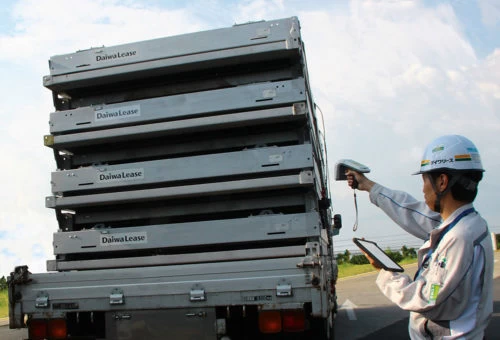
Junichi Ito, head of the business promotion team at Daiwa Leasing's production and warehouse promotion department, said: "So far, it has been difficult to confirm the number of uses, the place of use, problems, and manage items one by one. However, with the introduction of RFID, the status of individual components can be converted into data without increasing the burden of on-site maintenance and component management, and establishing a mechanism to provide products that are safe, assured and satisfying."
In the future, the company will apply RFID to more types of rental materials, increase the installation rate of electronic tags, and analyze the trends of defects and consumables based on the big data obtained in the product management process, including preventive maintenance of rental components. In addition, for the part that depends on manpower, the company will promote the utilization and mechanization of ICT, reduce the burden on manpower, and achieve stable and uniform management quality.
Mr. Ito said, "In the future, not only can RFID be applied to products, but RFID can also be introduced from upstream of supply chain management to monitor from the material stage to the basic logistics management stage. I want to work hard to provide products that customers can use with confidence. "

